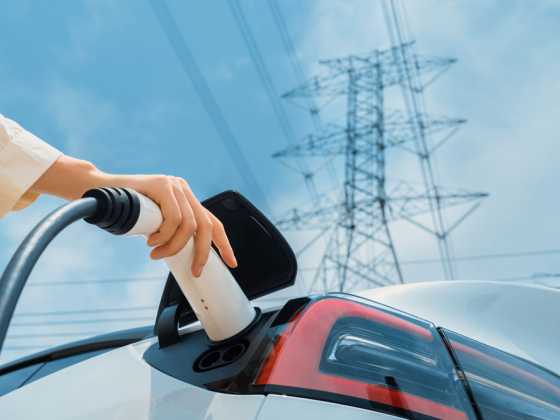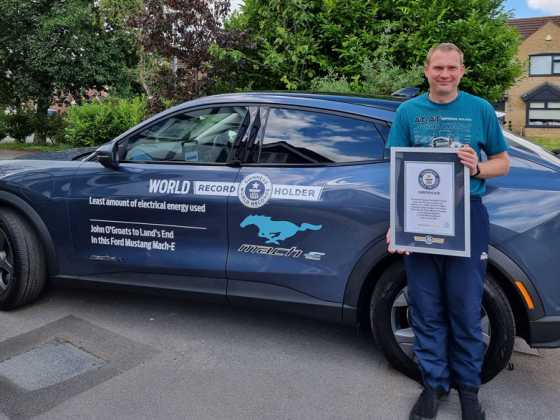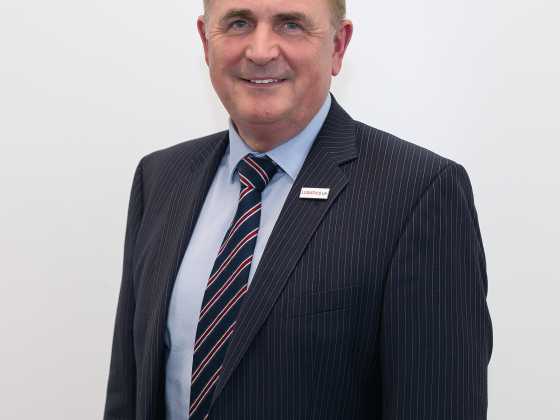The big speed limit debate
The government has long been considering an increase in the national speed limit on motorways from the current 70mph to 80mph. This seems like a great idea to many motorists, however what are the real implications of this idea? Motoring law specialist Hannah Sampson investigates
 This issue has been discussed for some time now. In 2011 the government announced plans to increase the limit at the start of 2013. It seems on the face of it straightforward. Many of us drive over 70 mph and some regularly drive at 80mph when they are able to. However, when you examine this issue there are many issues to be considered.
This issue has been discussed for some time now. In 2011 the government announced plans to increase the limit at the start of 2013. It seems on the face of it straightforward. Many of us drive over 70 mph and some regularly drive at 80mph when they are able to. However, when you examine this issue there are many issues to be considered.
The main concern must be that of safety. It is fair to say that when the 70mph limit was set in 1965 for many vehicles on the road it was difficult to even reach that speed. Today though, it’s a different story. High performance cars have flooded our roads and with these amazing technological advancements the safety of vehicles is also far greater than it ever was. Research suggests that since the 70mph limit was introduced the number of fatalities on our roads has reduced by up to 75 per cent.
INFRASTRUCTURE CONCERNS
However, it is not just the safety of the vehicle that has to be considered. Can our network of motorways cope with the increase? As safe as cars now are, roads need to be safe too. There are 4,350 miles of motorway in our country at the last count. But unfortunately poor motorway maintenance over the years means that large sections of this network would need vast improvement before any increase to the limit would be safe. Crash barriers are there to assist in the event of a collision and they absorb a lot of the impact in the event of a collision, which leads to increased chances of survival and reduced injury to any occupant of a vehicle. On our motorways large sections are without crash barriers or where they are in place they have been left in need of repair after a previous collision.
It is understandable perhaps that road safety campaigners are up in arms that plans to increase this speed limit are nearing fruition when after much campaigning on other stretches of road limits have been reduced to 20mph.
But it is not just road safety campaigners who are less than supportive to these plans. We live in a world where everyday we are battling to reduce pollution and carbon emissions. Driving at higher speeds has long been known to produce increased carbon emissions and will of course increase oil consumption at a time when the cost of even driving a vehicle is becoming eye-watering for many.
But we also live in a world that is suffering with recession and businesses need to be as productive as they can to increase growth and work towards rebuilding our limping economy.
Being able to get to your destination more quickly could have hugely positive impacts on business. Increasing a companies profits must be considered a priority in these current difficult fiscal times.
OVER THE LIMIT
Research suggests that 49 per cent of drivers break the limit. I would suggest that is a very conservative estimate. The sad reality is that many of us already drive up to and sometimes in excess of 80mph. It’s fair to say that the police in a lot of cases turn a blind eye when drivers reach speeds slightly in excess of the current limit. But will increasing the limit to 80mph mean that many of us will push our speeds to nearer the 90mph mark when we never would have dreamed of doing so before?
There is a common myth that police will not pull you over if you are within 10 per cent of the legal limit. However, the reality is that if you drive over 70mph you are breaking he law and you can legitimately be prosecuted and you would not have a defence. Often the police will ignore someone driving slightly over the limit because they are involved in more pressing matters. But equally, pulling over someone driving over the limit even only slightly will relieve the boredom for a traffic officer on a quiet day. Again, technology plays a part here. Nowadays speed cameras and guns are calibrated and very accurate tools. They are also unforgiving creatures and will accurately record a vehicles speed which enables an officer to pull over and prosecute a driver who is only slightly over the limit. Previously before these machines were there to assist, the police had to judge a vehicles speed themselves, so someone only slightly over the limit would be able to continue on their way. It was only those driving at seriously high speeds who would be stopped and prosecuted since the police could then be sure that the law was being broken.
There are less traffic officers on our roads but there is technology that makes their job easier. When a driver is clocked breaking the limit they are more often than not sent a summons with evidence of the speed at which the vehicle was travelling at sent out along with the court summons. The recipient of this is given the opportunity to plead guilty by post and the court will then swiftly deal with the matter by endorsing the driver licence and sentencing them to pay a fixed financial penalty. The minimum is three points. This is a swift and easy way to prosecute an individual and it is a revenue winner for the local authority. However, there are fixed guidelines in relation to the sentences a court can impose depending on the speed being driven. At present, once the speed reaches 91mph the court can disqualify a driver or impose an increased amount of points. This increase in points could lead to a driver facing a period of disqualification in any event as a result of the totting procedure.
CHANGING TIMES
The technology has always been there for the police to prosecute the speeding driver swiftly and easily. The reality is that they have often turned a blind eye provided the driving is overall safe, not endangering other road users and the speed is not excessively over the limit. But times have changed since this limit was imposed. We all know that otherwise law abiding citizens disregard the 70mph limit currently enforced. Sometimes without even realising it, given the general performance of vehicles theses days and if one is following the flow of traffic, then it is all too easy to break the limit. For these very reasons the police do not enforce the speed limit as strictly as they could. I would anticipate that should the national speed limit on our motorways be increased to 80mph then the police will enforce this limit far more rigorously then they do the current one. It is also fair to say that driving at 80mph on a clear road in good conditions is far safer then tailgating at 50mph.
HEAVY GOODS VEHICLES
But what of our HGVs? Currently on our single carriageway roads the speed limit for HGVs over 7.5 tonnes is set at 40mph. Last month the government announced plans to consider an increase in this limit up to 40-50mph. The benefits to business would run into the millions if these vehicles could get to their destinations more quickly. Surely that is the aim of a delivery vehicle – to get to its destination as quickly as possibly but of course legally and safely. Whilst all the same considerations apply, there is more to consider in terms of these giants of the road. Firstly – what of these single carriageway roads and the potential damage to them of these vehicles driving in that bit faster? Maintenance of these roads is paramount. There is also a safety issue, but I would argue that perhaps there would be a reduction in accidents if these vehicles could go that little bit quicker. There would be a reduction in cars and smaller vehicles tailgating and attempting to overtake sometimes with dire consequences.
There are always pros and cons to any change to our motoring laws and speed limits are always a contentious issue since safety on our roads is so important. But when one considers how our roads and vehicles were at the time that these limits were set almost half a century ago, perhaps it is right that we move with the times and bring ourselves alongside many other countries in the world. We need to compete and this might result in a much needed boost to our economy and simply acknowledging the reality of life on our roads today.
FOR MORE INFORMATION
Tel: 020 7632 4300
HannahSampson@saunders.co.uk
www.saunders.co.uk






